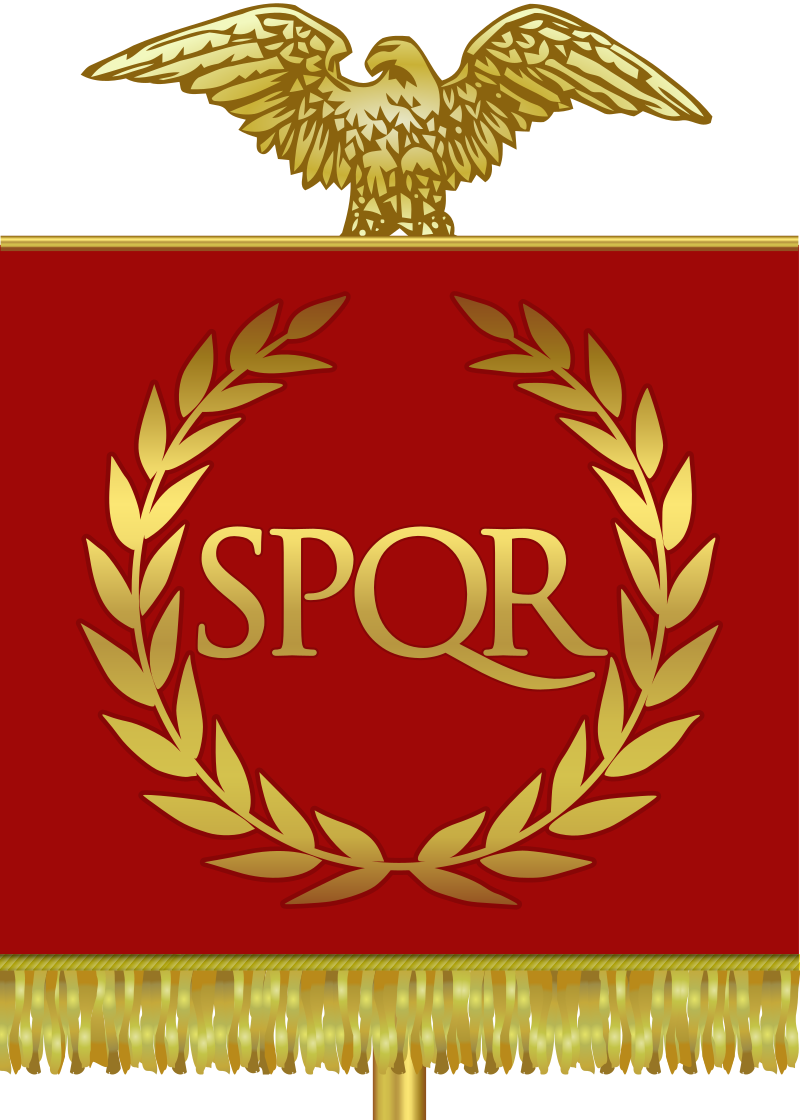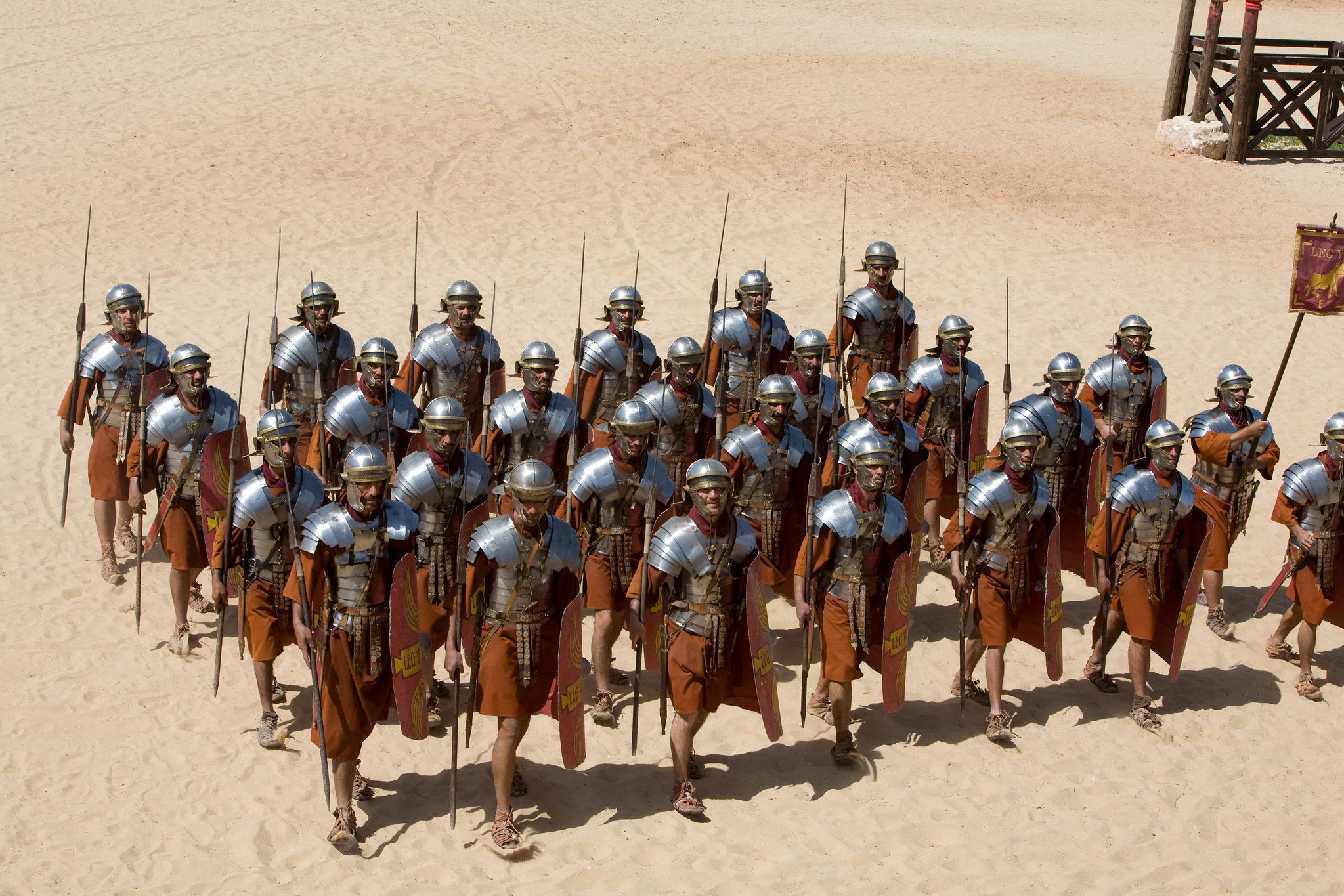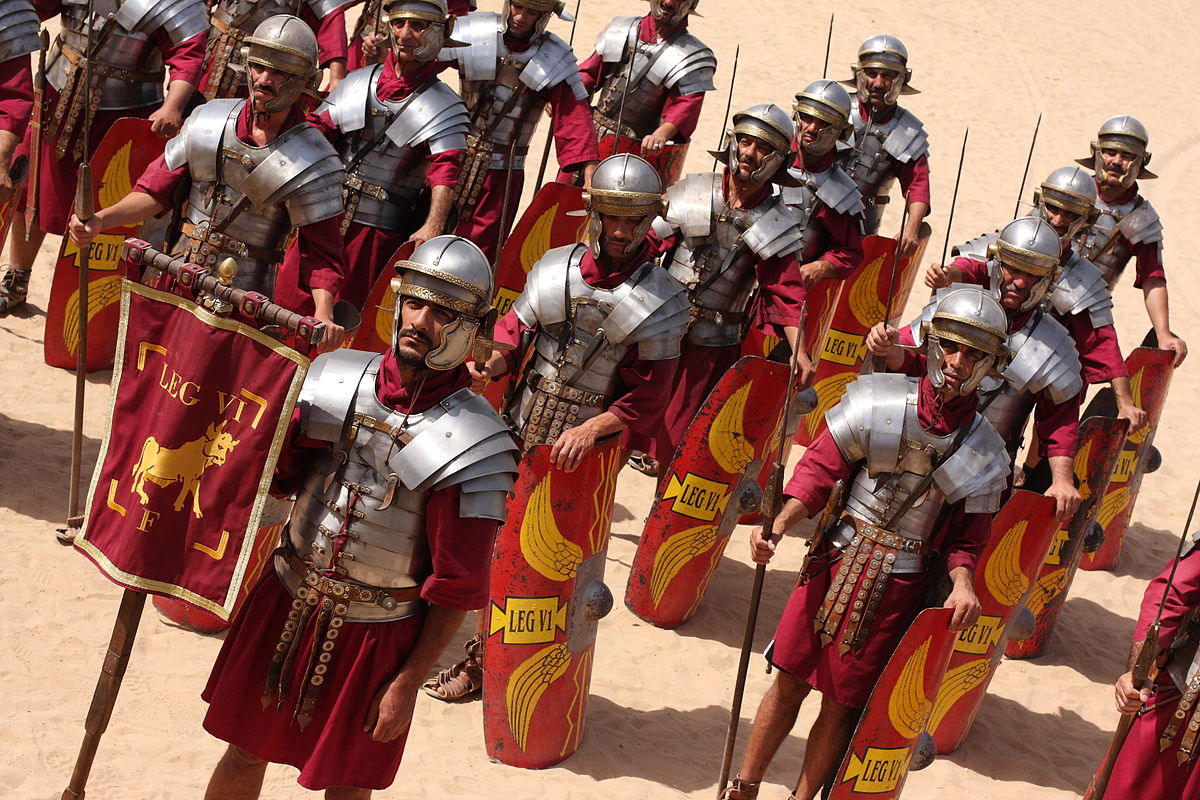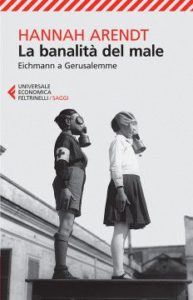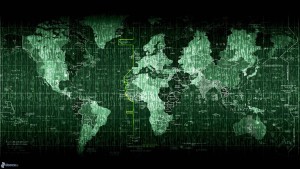
Introduzione
In questa riflessione, cercherò di ricostruire alcuni fenomeni legati sia all’intelligence (in particolare, academic espionage) sia all’innovazione tecnologica, mostrando come le Università ed i centri di ricerca siano e potranno essere sempre di più obiettivi caldi per chi intende appropriarsi del know how sviluppato in un certo paese. L’intelligence accademica non è un fenomeno nuovo, come non lo è certamente farsi la guerra per appropriarsi delle risorse e delle tecnologie altrui, tuttavia, ad un certo punto della storia umana, qualcosa sembra essere profondamente cambiato. Le risorse naturali si sono avvicendate, nel corso della storia, per importanza e criticità, seguendo non solo lo sviluppo economico ma anche quello geografico. Tuttavia, non è più possibile pensare che vi sia un Pizarro, un Magellano, un Colombo a scoprire nuove terre ricche di risorse già utilizzate o in grado di fornirne di nuove. Mentre i viaggi nello spazio sono ancora inefficaci per il recupero di risorse, l’essere umano si è calato nelle profondità oceaniche, nelle viscere della terra ferma e ha catturato l’energia del sole e del vento. Tuttavia, nessuna di queste risorse sembra aver posto fine alla lotta per l’abbondanza, la sazietà e la prevaricazione sugli altri. L’altra frontiera su cui ci siamo mossi è stata quella tecnologica, che ha permesso, soprattutto a partire dalla fine del XVIII secolo, uno sviluppo straordinariamente rapido. Ma a fianco di tutte le scoperte scientifiche, i progressi tecnologici e i benefici derivati, nessuna tecnologia al momento permette di raggiungere quell’utopico fine che è la rassicurante abbondanza per tutti e per sempre. In mancanza di questa, le armi continuano a flagellare il mondo con il loro sinistro rombo, mentre, più silenziosamente, soggetti insospettabili agiscono nei corridoi delle università, dei poli di ricerca, dei centri per l’innovazione, dotati, anche solamente, di un telefono cellulare. Ma per cosa bisognerebbe combattere? Se petrolio, gas, uranio e metalli vari, per esempio, sono sempre al centro dell’attenzione, non è affatto scontato che saranno altre le risorse per cui varrà la pena, tanto cinicamente quanto innata nello spirito umano, di andare a prendersele con la forza.


